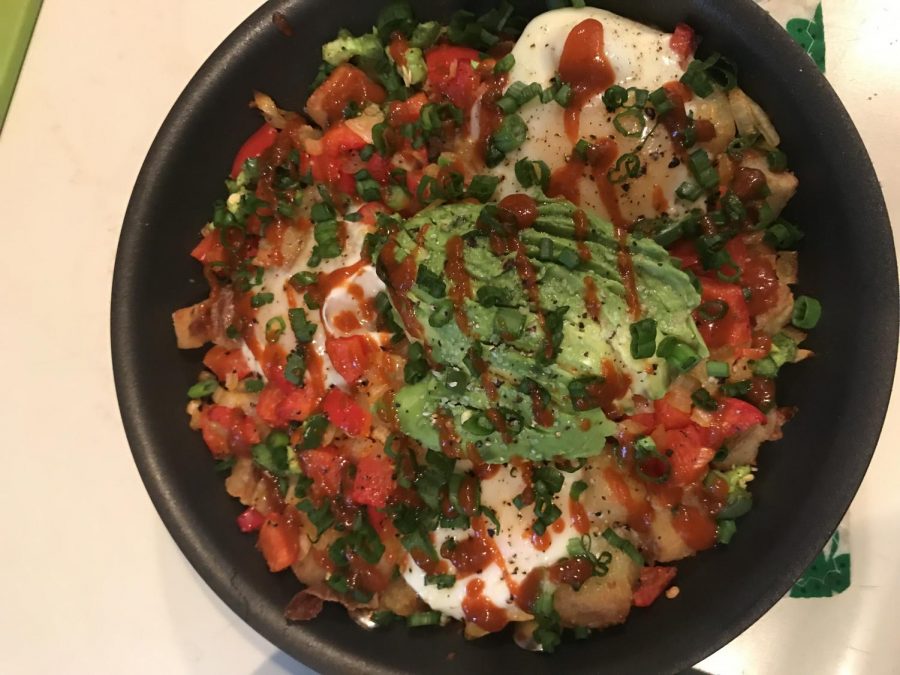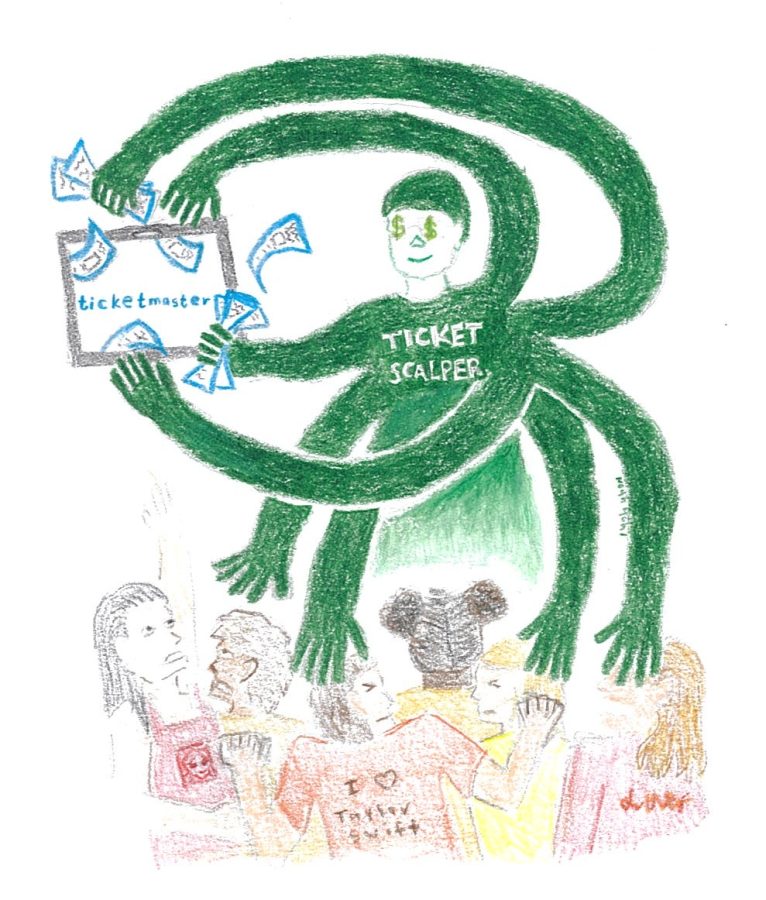BY GRACE BLANCHONG
When one envisions veganism or vegetarianism, they immediately picture a plate full of fruits and vegetables. However, as veganism and vegetarianism begin to grow in popularity, it becomes more and more apparent that there is a variety of diets and dishes available.
The lifestyle of one who is vegan/vegetarian is both simple and complicated. The simplicity comes from their diet, which doesn’t have many processed foods. The complexity comes from the difficulty of finding meals when out to eat.
Along with the difficulty of finding a variety of dishes, veganism/vegetarianism also presents a challenge in regard to needed supplements for a balanced diet. Common supplements include B12, which helps create DNA and keep the body’s nerve and blood cells healthy, as well as iron, which is needed to create hemoglobin, the molecule that transports oxygen throughout the body.
Despite these challenges, many people strongly support the plant-based diets and lifestyles, oftentimes with many different reasons backing their personal decision.
For junior Sydney Johnson, her decision to become vegan was based off of environmental factors.
“I don’t like, nor believe in, livestock farming because of the damage it causes for the environment and because of the sustainability of crop farming… We’ve cut down forests and ruined homes to make room to feed and farm animals, only to mistreat and abuse them,” Johnson said.
Junior Liya Samuels is also on a vegan diet. However, her reasoning is different.
“I am vegan for lent, and I have multiple lents in a year, which is why I’m back and forth on being a vegan,” Samuels said.
Samuels usually goes on a vegan diet for two to three months, with a month break before she starts the cycle again.
Shar Cross, a Westerville North Young Life leader and employee at North Star, has been vegan for about two years. He has yet another reason for his choice of going on a plant-based diet.
“I switched to a vegan diet due to a family history of high cholesterol, diabetes, and high blood pressure, not really for animal cruelty reasons,” Cross said.
According to vivahealth.org.uk, high blood pressure is usually associated with a high salt diet. Salt is often added to frozen meat products, and is usually used to flavor cooked meals.
Cholesterol is only found in animal foods, such as meat, fish, eggs, and dairy. High cholesterol can cause fatty deposits in the heart, which can increase one’s risk of heart disease or stroke. Eating cholesterol-rich foods can increase cholesterol levels in the body, so changing to a plant-based diet is cholesterol free.
Despite all three individuals having a different reasoning for their change to a plant-based diet, all share commonalities in regards to buying food and eating out.
“I love Kroger a ton. If I’m ever looking for very specific things… I’ll go to Whole Foods or something,” Cross said.
Johnson agrees with Cross that Kroger is a great place to shop at, also adding that Meijer is a regular store for her.
When it comes to eating out, it isn’t as easy. Not all restaurants have a specific menu for vegan and vegetarian diets, but there are many places with ‘build-your-own’ plates/bowls that work well for these diets, such as Bibibop and Cucinova.
Northstar also serves an array of plates and dishes that can be made to fit a plant-based diet.
“Northstar is great because they do a really good job of accommodating any allergy or preference. They have a lot of dishes that can be modified to be vegan,” Cross said.
































